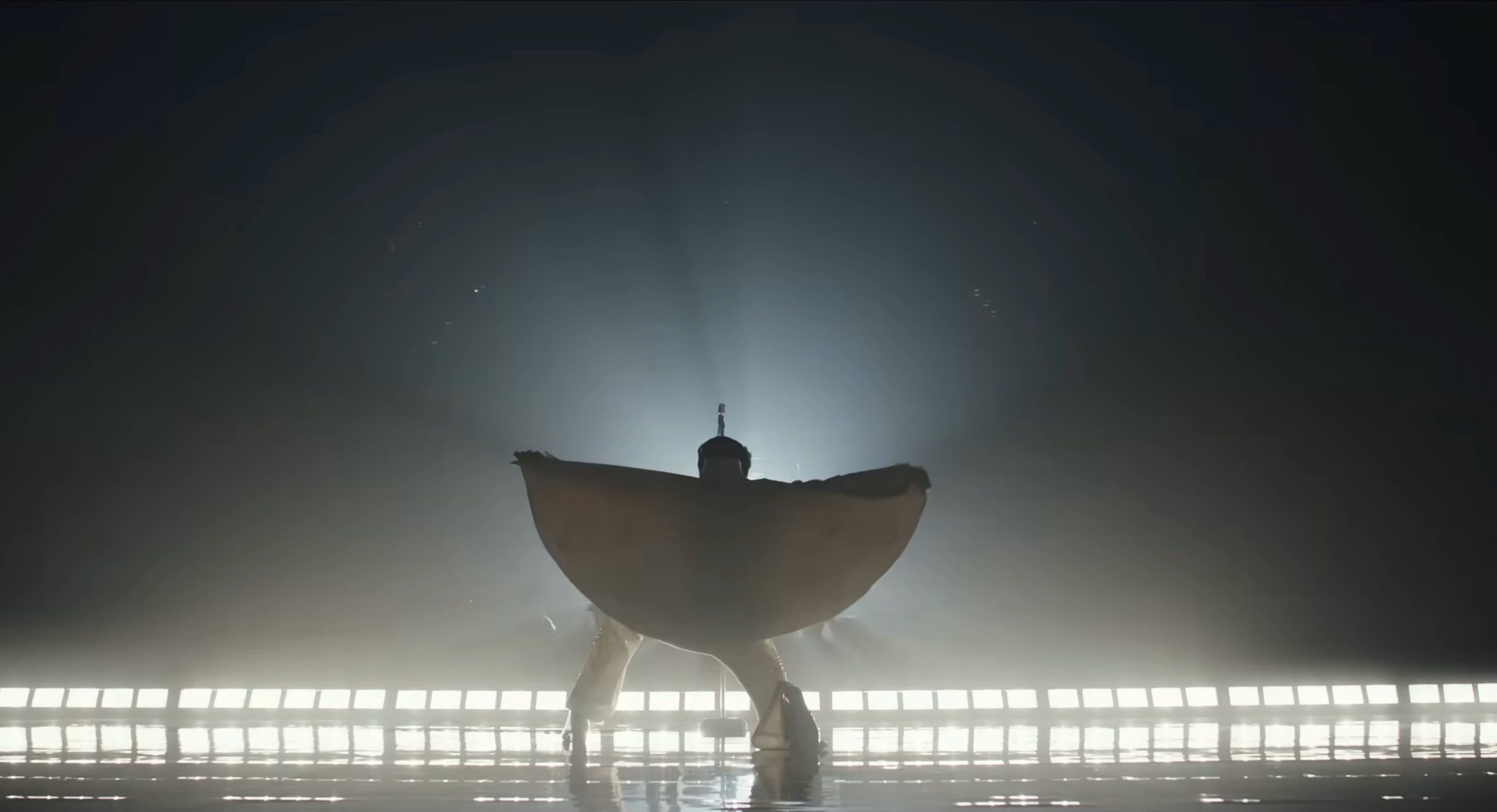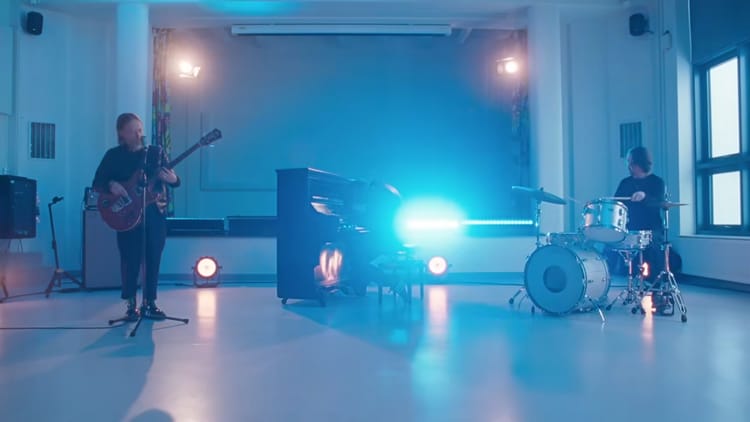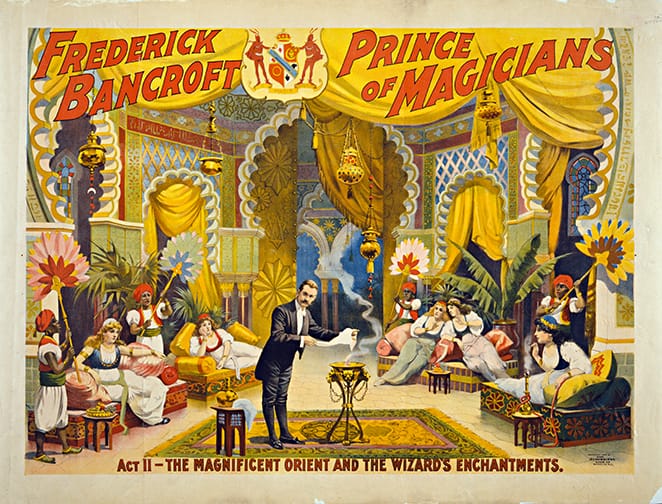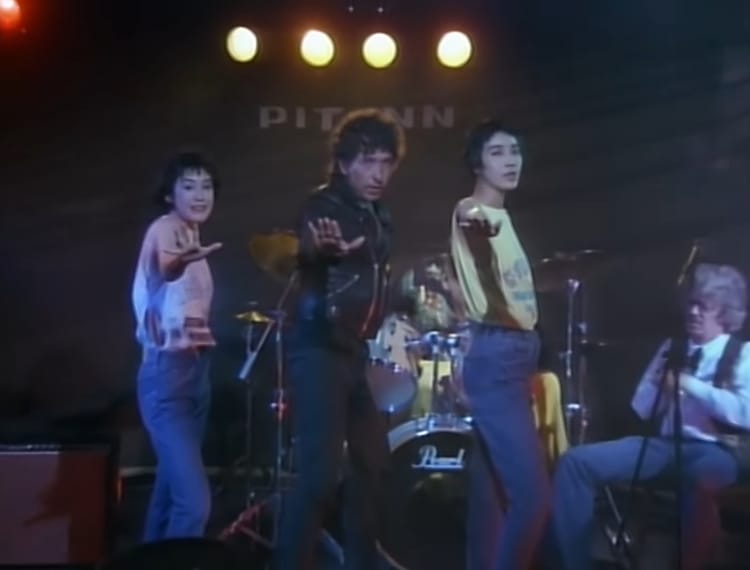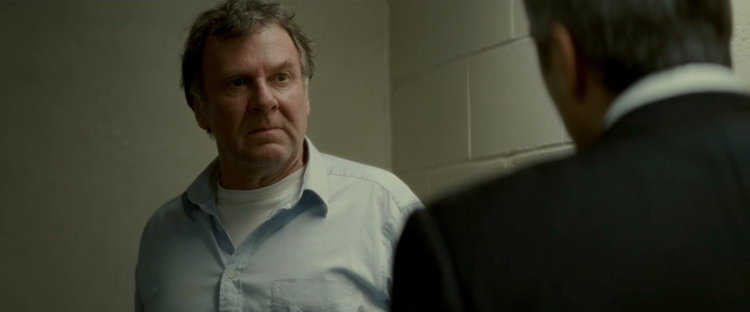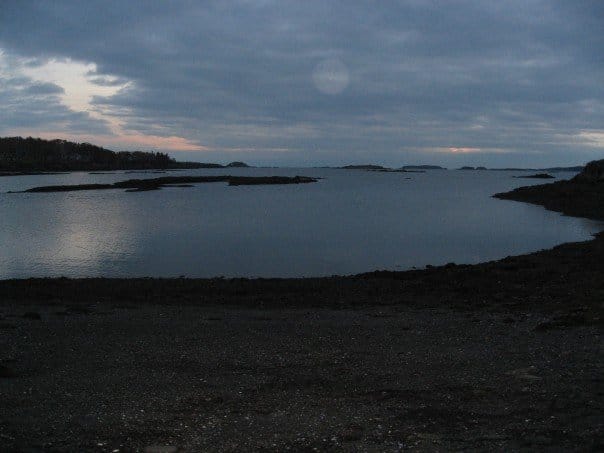The Crystal Cat
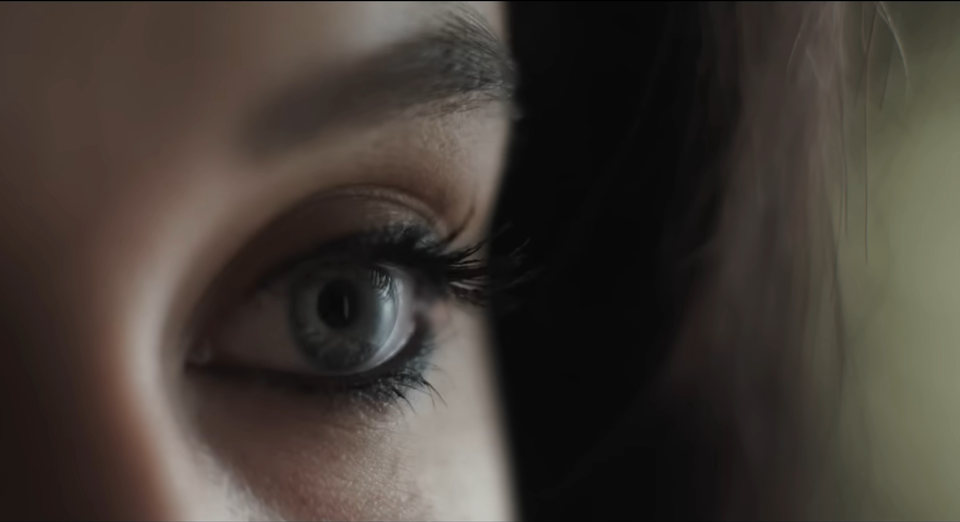
Towards the end of the first act of Sofia Coppola’s Priscilla, Elvis Presley (Jacob Elordi) makes a suggestion that’s more like a command: his live-in girlfriend/kept woman, Priscilla Beaulieu (Cailee Spaeny) should dye her hair black.
From there, we move to brunette hair cascading into a sink, and black dye washing down the drain. After that, Elvis, Priscilla, and the king’s “Memphis Mafia” are staying up all night–there’s revelry, there are sparklers, there is kissing. I’m not quite sure what happens, to be honest, because the moment Priscilla began dying her hair, something else began happening, too: Dan Deacon’s “The Crystal Cat” began to play on the soundtrack.
I was aware that Priscilla would feature an anachronistic soundtrack (as is Coppola’s wont—see: Marie Antoinette) but honestly, that factor was a bit overblown in promotion. For the most part, the soundtrack is made up of oldies (though, of course, none by Elvis, as the estate denied permission).
And then there’s the hair dying sequence, and Dan Deacon’s grinding, 16-bit, ultra-modern (well, 16 years old at this point) song. It took me a moment to clock that I was hearing Deacon, but once I did, music and image blurred and I felt something extraordinary happen: I slipped into that realm of movie ecstasy you only get a couple of times a year if you’re lucky. I scrunched down in my seat, got cozy, and whispered to myself, “This is fucking crazy.”
I linger on this moment for a few reasons. One: it’s genuinely chilling. Seeing our protagonist take this step in fashioning herself to Elvis’s liking is another step into the lonely wilderness that Graceland represents for the cinematic Priscilla. But for another, there aren’t nearly enough moments like it.
It’s not just about the soundtrack. Priscilla is a still and impressionistic film. It’s immensely faithful to Presley’s 1985 memoir Elvis and Me–I could count on one hand the incidents depicted that don’t feature in the book, and dialogue is often lifted whole-cloth from the page. That book is a series of vignettes and sketches that drift through time like an unmoored boat on the waves; appropriately, the movie is, too. It’s effective, both in dramatizing the eerie loneliness Priscilla experiences, and in serving as an answer to Baz Luhrmann’s Elvis (2022). If that movie was about inflating a myth until it went supernova, this movie is about dragging that story back down to ground level.
It’s not a knock on Elvis to say Priscilla shows more of the real man. Luhrmann wasn’t interested in the real man, and I didn’t need that movie to do so. It was a lot of fun as a celebration of a legend. This, on the other hand, is a movie about a weak, pathetic manchild–yes, one under immense pressures from an early age, and what would that do to your head? But a cruel and selfish person all the same.
If the movie chooses one story thread, it chooses an intriguing one: Elvis’s unwillingness to sleep with Priscilla. Again, this reflects the historical document, but Coppola selects this as the heartbeat of the movie: first, the teenage Priscilla is begging Elvis to go all the way only for him to hold off for propriety’s sake. But we continue seeing him kick the can down the road (so to speak) even once Priscilla has decamped to Graceland. We never see a love scene between them, simply return to the issue years later once Elvis’s sexual interest in her has apparently waned.
This sets up what passes for a climax in this relatively placid film, in which Elvis attempts to demonstrate his masculinity in the most traumatic way. It’s a fascinating throughline to build, and opens up plenty of avenues of interpretation–is Coppola implying Elvis might have been homosexual? Or is she doing some more complex inversion of the image of virility that was so central to his mythos? Again, it’s a straight adaptation of the book, so Coppola isn’t inventing so much as underlining, and it will be rewarding (for other people; I do have other pressures on my reading time) to go back to the book after the movie and see what she elided and what she highlighted.
I’m interested in the brackets Coppola puts on her screenplay. As seems natural, the book opens and closes with Priscilla learning of Elvis’s death. As with so many elements of his life story, Priscilla takes your awareness for granted–or, maybe more appropriately, simply doesn’t need the extratextual material to tell the story of this character named Elvis Presley. Instead, the film functions as a sort of horror movie–in the first scene, Priscilla is procured as a plaything for Elvis by an adult man with openly ulterior motives. By the final scene, she has escaped, and the effect is–to maybe overstate the case–not unlike the ending scene of The Texas Chainsaw Massacre: the final girl has made it out of the house of mild horrors, and lived to tell the tale.
Meanwhile, we leave Elvis having ascended from a sweet Army boy to the level of a bleary God. The Vegas years are captured as a precise inversion of Luhrmann’s swooping and soaring luxuriance–Coppola shoots Elvis low and from behind, a beam of light in a sea of seething, screaming darkness. It might be easy to view the technique as a budget consideration (as we learned recently, Coppola’s meager funding was stretched so thin that she almost resorted to auctioning off pickleball dates with Elordi just to keep afloat), but as with the deliberately blinkered vision of Priscilla’s world, the limitation becomes a virtue. This movie is a myth warped–not deflated, but made into a sort of Grimmsian fairy tale, the beauty descending into the realm of the sexiest of beasts. Or, maybe more explicitly (as Coppola borrows a soundtrack cue so associated with another film that it simply has to be an intentional reference), it’s a sort of homebound Badlands, a naif and a wannabe bad boy creating a world of their own on borrowed time.
Priscilla will not prove my favorite movie of 2023, as its de facto companion piece did for 2022. But I can confidently say the “Crystal Cat” sequence brought me to a place of soul-nourishing aesthetic bliss that outstrips anything Baz cooked up. I’ll be returning to that scene as soon as I possibly can, and I’m sure I’ll keep revisiting it long after. The cinematic sublime doesn’t come along often, and even if it slips through your fingers the moment it’s begun, it’s worth treasuring.
